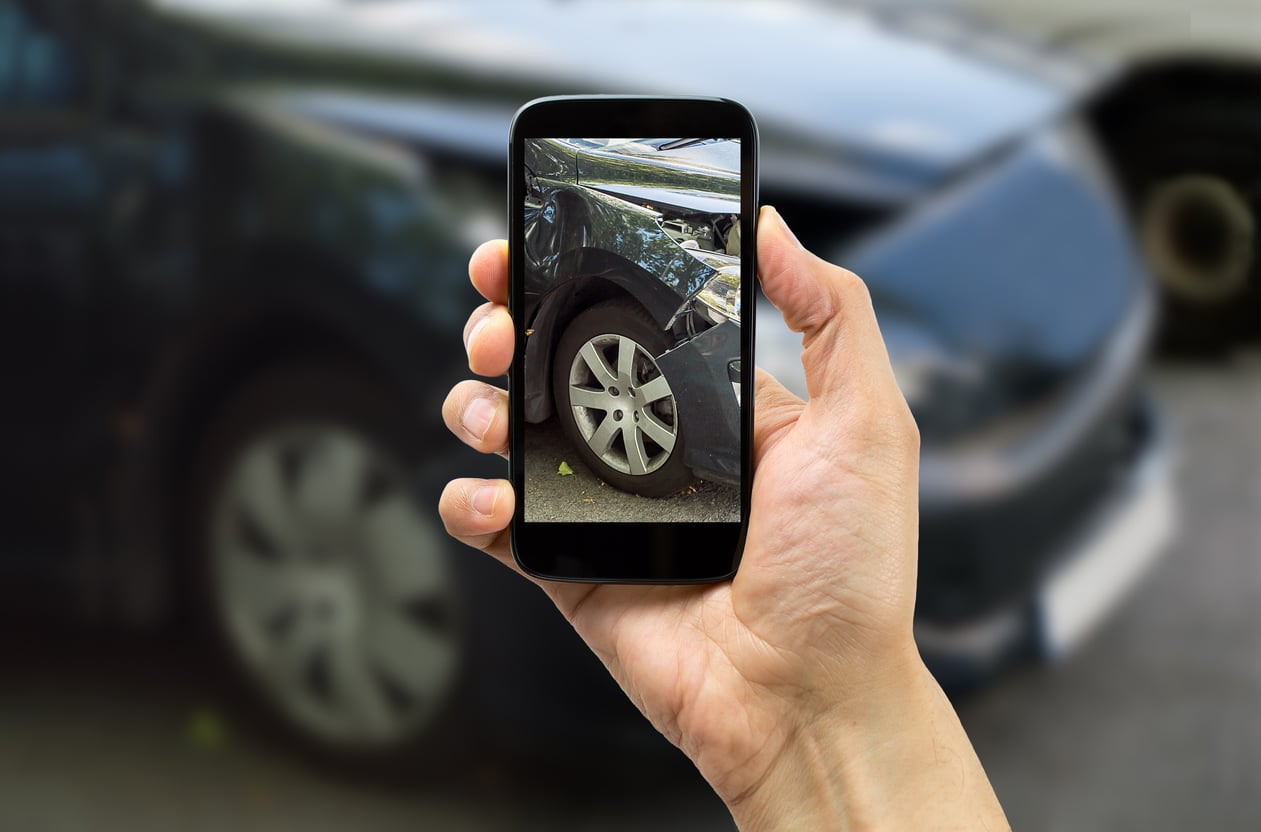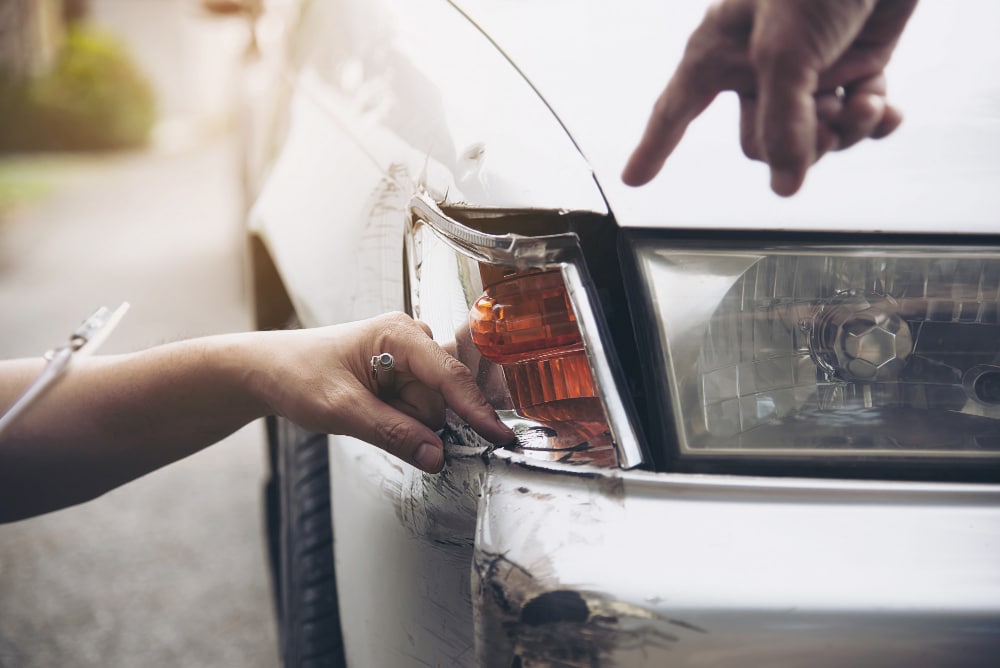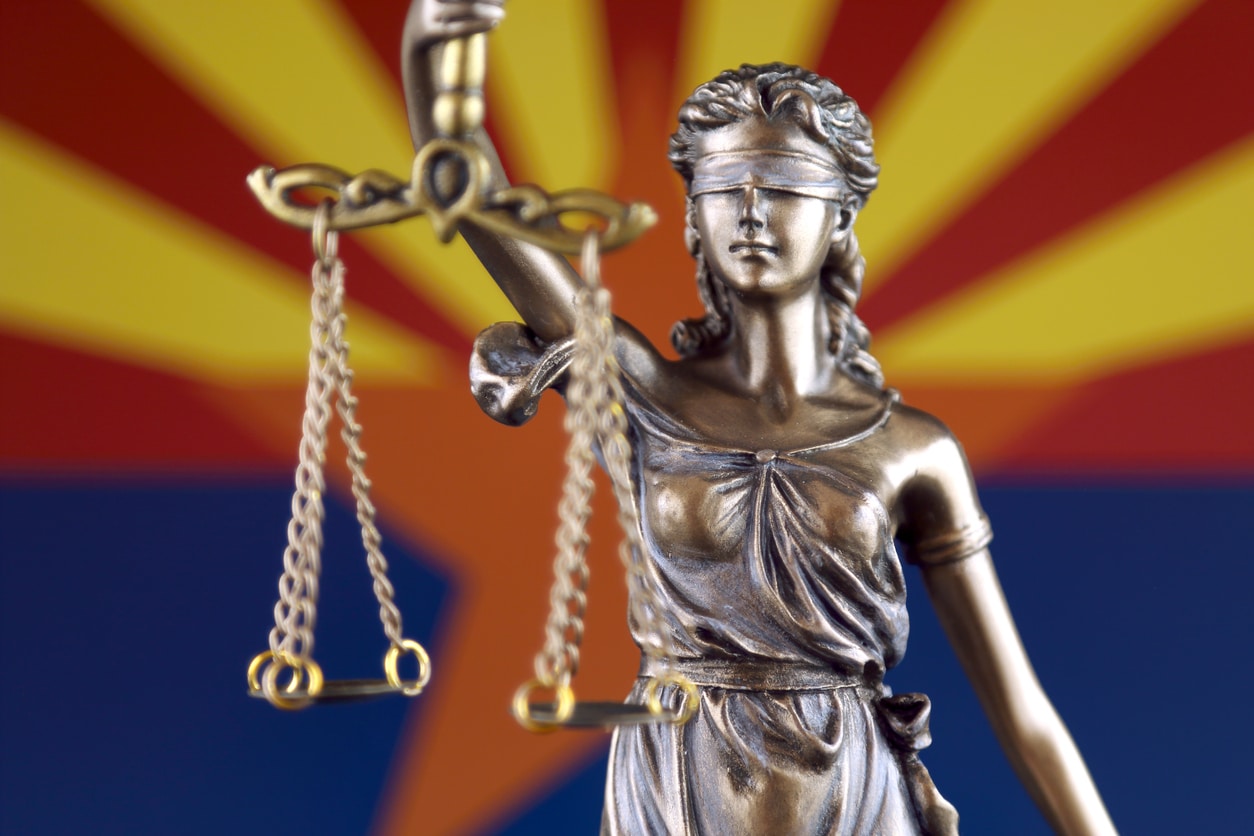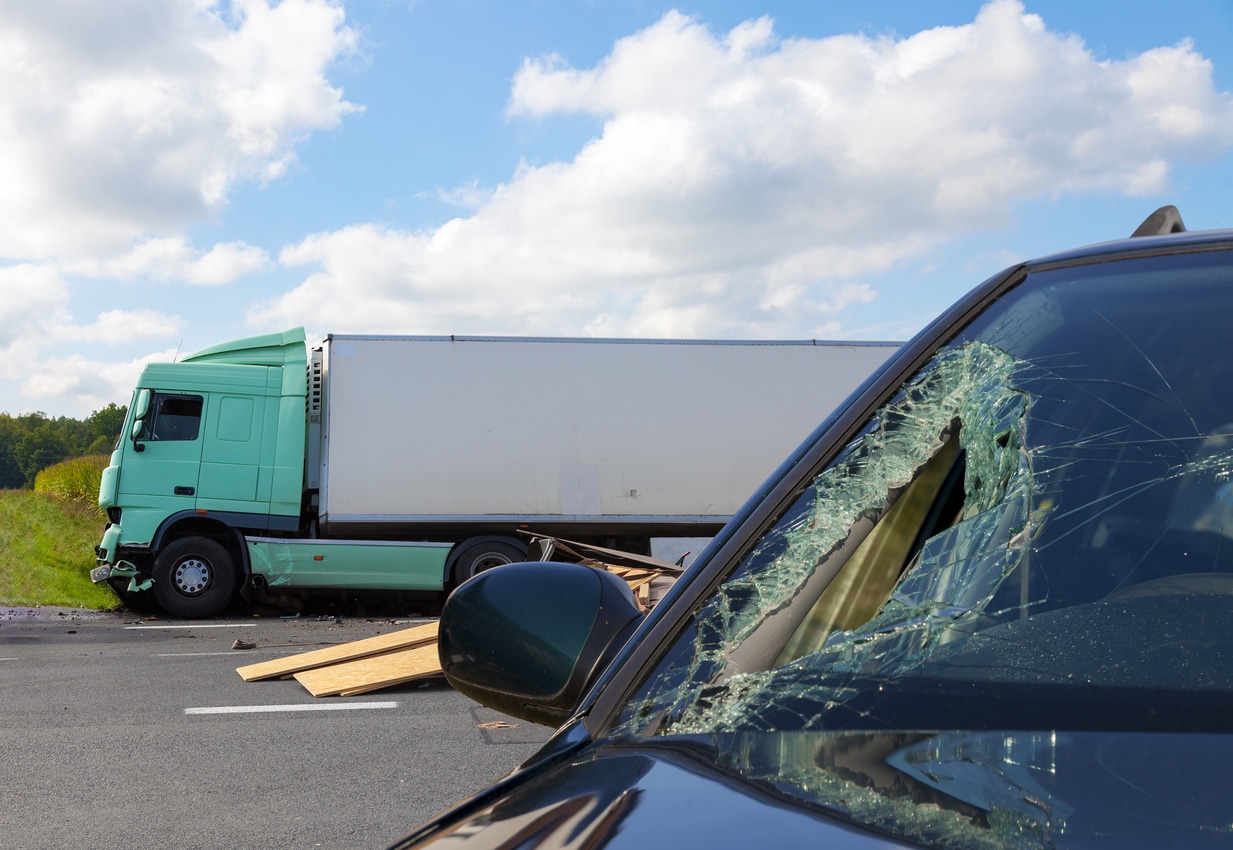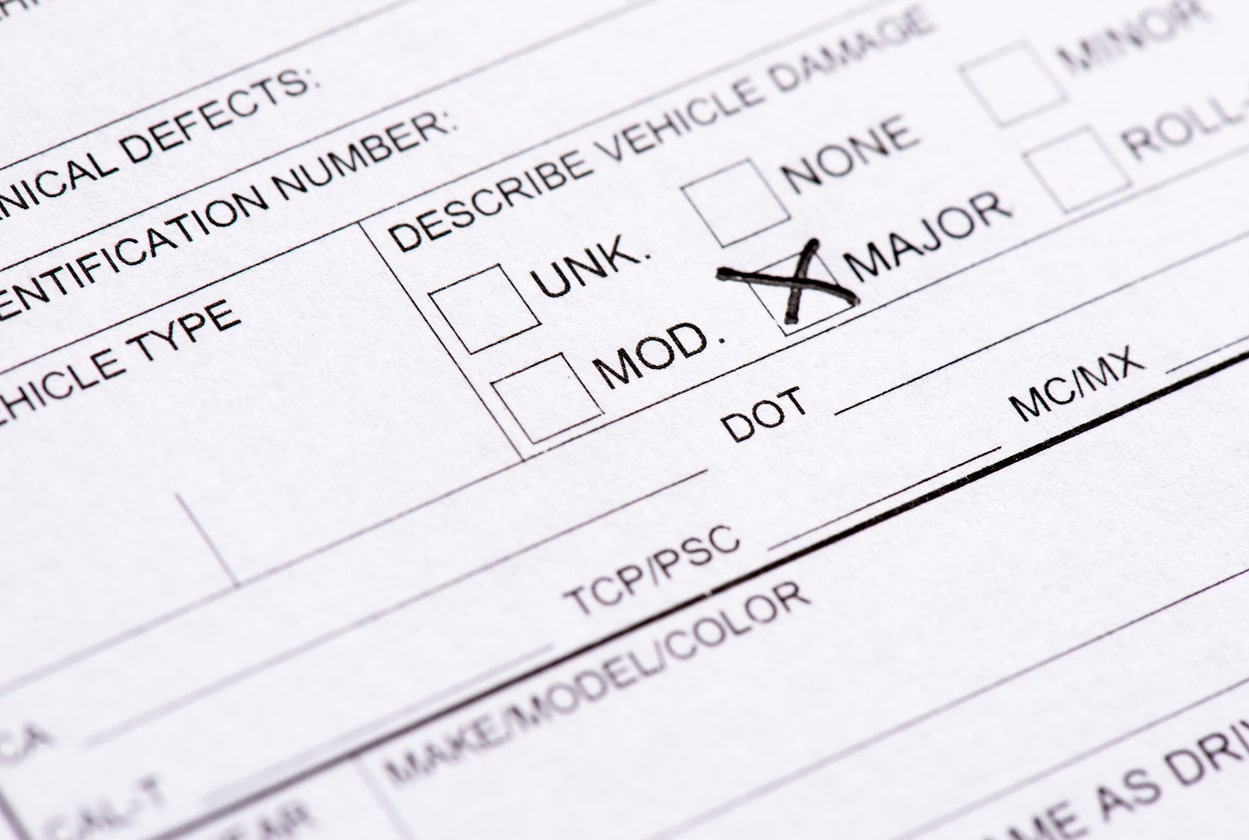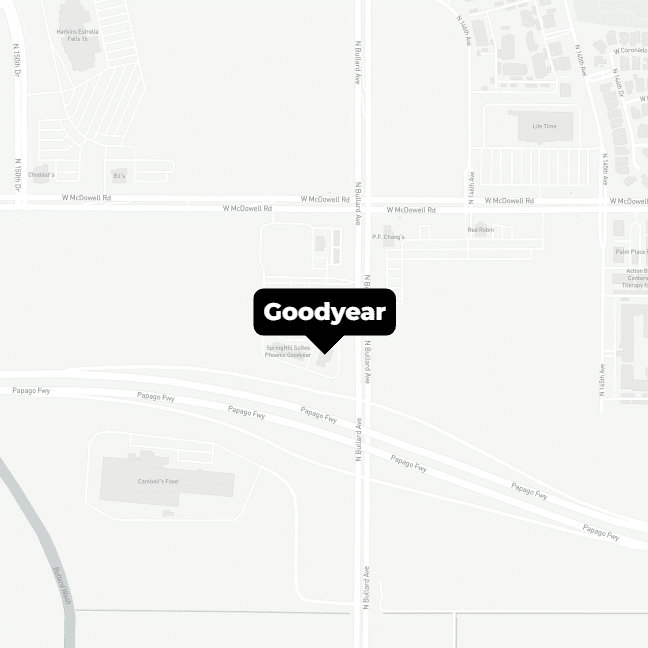Arizona operates under a fault-based system for car accident compensation, meaning the party responsible for causing the accident is liable for the resulting damages. If you’ve been involved in a car accident, understanding the state’s laws and your potential entitlements is critical for pursuing compensation.
The Fault-Based System
In Arizona, the at-fault party is responsible for covering damages such as property damage, medical expenses, lost wages, and other related costs. Accident victims have several options, including:
- Filing a claim with their own insurance company
- Filing a claim directly with the at-fault driver’s insurance company
- Pursuing a personal injury lawsuit
The appropriate choice depends on the specifics of the accident and the extent of the damages.
Comparative Negligence Rule
Arizona follows the comparative negligence rule, which reduces a victim’s compensation by their percentage of fault in the accident. For example, if a victim is found 20% responsible, their total compensation will be reduced by 20%. This rule highlights the importance of accurately determining fault in a car accident.
Statute of Limitations
Arizona law imposes a two-year time limit for filing a car accident lawsuit. Failing to file within this period typically results in losing the right to seek compensation. Acting promptly after an accident is essential to preserve your legal options.
Insurance Requirements
Arizona drivers are required to carry minimum liability insurance coverage to provide financial protection in the event of an accident. However, minimum coverage may be insufficient for severe accidents involving significant damages or injuries, emphasizing the importance of comprehensive insurance policies.
Why Understanding the Law Matters
Familiarizing yourself with Arizona’s car accident compensation laws, including the fault-based system, comparative negligence rule, statute of limitations, and insurance requirements, is crucial for navigating the compensation process effectively. Awareness of these rules can help you make informed decisions and protect your rights after a car accident.


